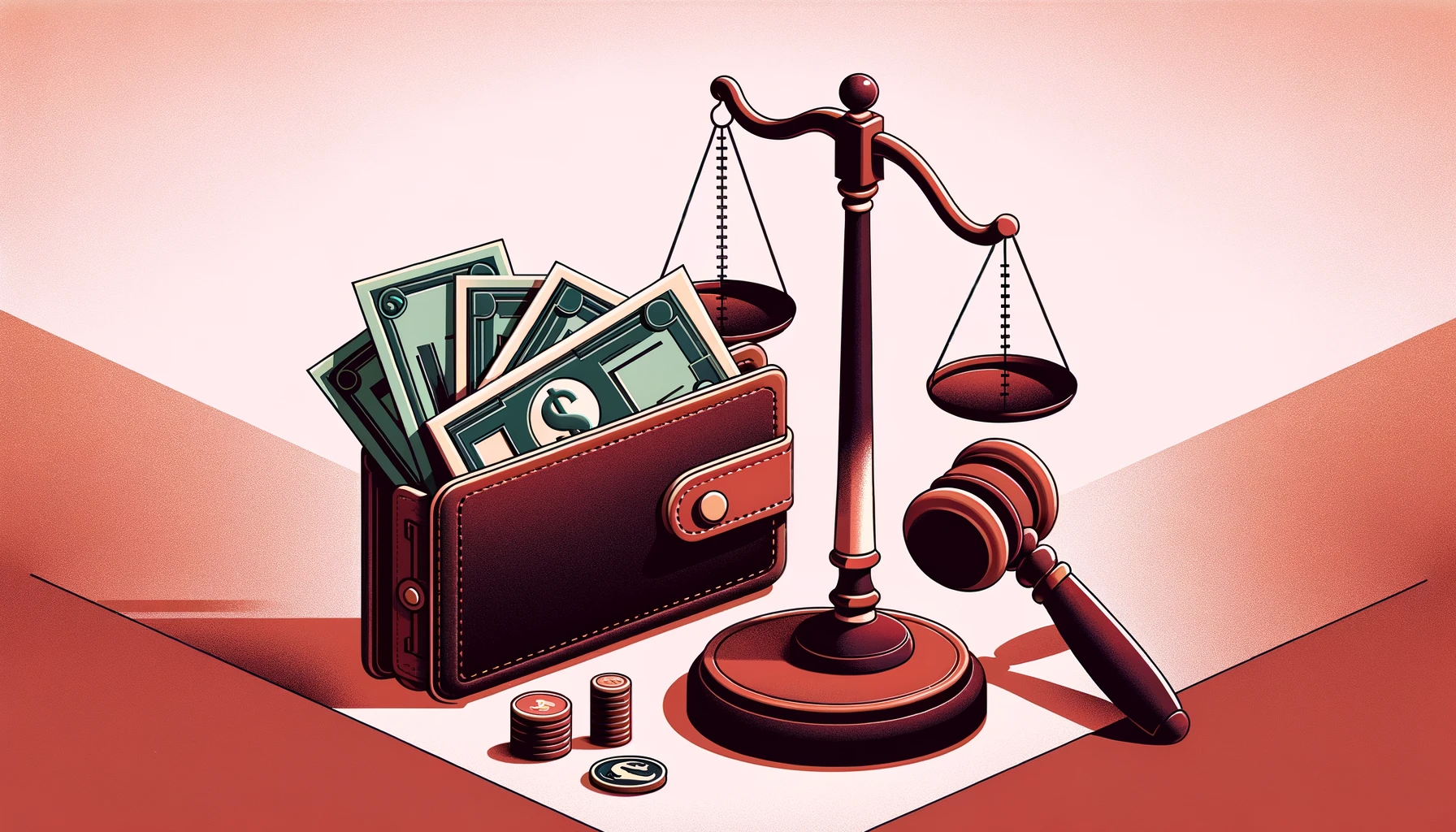Working long hours and feeling undervalued is a painful and exhausting reality for many employees. It’s disheartening to put in hard work day after day only to find yourself unpaid or inadequately compensated for your time and effort. Beyond financial strain, this mistreatment can erode your confidence and take a serious toll on your well-being.
No one deserves to feel powerless in the face of unfair treatment. Yet, many workers in New York are unsure of their rights or hesitant to stand up for themselves, fearing retaliation or simply not knowing where to begin. This blog is here to guide you, offering a clear path toward justice and fair treatment by explaining the steps to file a wage and hour claim in New York.
Overwork and Underpayment
Many workers, like you, wonder “How many hours can you work in a day legally in NY?” and “What do I do when employers violate wage and hour laws?” In New York, the legal workday is regulated by laws ensuring fair compensation for overtime, breaks, and total hours worked. Yet, some employers disregard these rules, leaving workers overworked and unpaid.
If this describes your situation, you may be eligible to file a wage and hour claim to recover unpaid wages and ensure your employer adheres to state and federal labor laws.
Why Filing a Claim Matters
Unpaid wages and excessive hours are more than financial burdens; they can have significant mental, emotional, and physical consequences. Overwork can lead to burnout, health issues, and a diminished quality of life. Filing a wage and hour claim isn’t just about money—it’s about justice, dignity, and preventing future mistreatment for you and your coworkers.
How Many Hours Can You Work in a Day Legally in NY?
In New York, there’s no specific limit on the number of hours you can work in a day as long as your employer compensates you properly. According to the Fair Labor Standards Act (FLSA) and New York labor laws, you are entitled to:
- Overtime pay. Non-exempt employees must receive 1.5 times their regular hourly wage for any hours worked over 40 in a week.
- Meal breaks. Employers must provide a 30-minute meal break for shifts over six hours.
- Rest periods. While not mandatory, short rest breaks are typically considered compensable time.
These protections ensure that workers are not exploited and receive fair compensation for their time and effort. In understanding how many hours you can work in a day legally in NY, it is also important to know that industries like trucking, aviation, and other transportation sectors restrict the number of hours an employee can work each day.
Filing a Wage and Hour Claim
Filing a wage and hour claim can seem daunting, but with the right guidance, it becomes manageable. Here are some key steps and tips:
1. Determine Eligibility
Not all workers qualify for wage and hour claims. To be eligible:
- You must be a non-exempt employee under the FLSA. or
- Your employer must have violated labor laws, such as failing to pay overtime, withholding wages, or not providing required breaks.
Understanding your eligibility is the first step toward reclaiming what you’re owed.
2. Document Your Case
Gather evidence to support your claim, including pay stubs, work schedules, relevant communication with your employer, and witness statements. Having thorough documentation strengthens your case and increases the likelihood of a successful outcome.
3. File with the Appropriate Agency
You can file a claim through several agencies, depending on the nature of your issue. Your attorney can help you determine which one is best:
- The NY Department of Labor. Submit an unpaid wages claim form to initiate an investigation.
- The U.S. Department of Labor. File a complaint if federal laws were violated.
- The Equal Employment Opportunity Commission (EEOC). If workplace discrimination is involved, the EEOC may handle your case.
These agencies exist to help workers like you receive justice and fair treatment.
4. Seek Legal Assistance
Navigating these processes can be complex, especially for workers unfamiliar with their rights. A skilled and experienced attorney like Supriya Kichloo can help you navigate the process and make informed decisions about how to move forward. Having legal representation ensures your case is handled professionally and effectively. Sometimes, you may need to file a lawsuit against your employer to receive the compensation you deserve.
Understanding Your Work Hours and Pay: What Is “Full-Time Hours” in NY?
Full-time hours in New York are typically 35-40 hours per week. However, definitions may vary by employer and industry, so reviewing your employment contract to understand your specific terms is essential. Knowing these details helps determine whether your employer is adhering to labor laws and fulfilling their obligations. In understanding how many hours can you work in a day legally in NY, it may be worth noting that though there is no maximum limit for most industries, a standard work week is eight hours a day, five days a week.
NY Department of Labor Unpaid Wages Claim
Filing a NY Department of Labor unpaid wages claim involves several critical steps. First, you must submit an official complaint form detailing your employer’s wage violations. This form should include supporting documentation such as pay stubs, employment agreements, and any communication records with your employer regarding the unpaid wages. Once your claim is submitted, the Department of Labor initiates an investigation into your employer’s practices. It’s essential to cooperate fully during this process, providing any additional information or evidence requested.
How Attorney Supriya Kichloo Can Help
You don’t have to navigate this alone. Attorney Supriya Kichloo’s multicultural background and years of experience make her uniquely equipped to help clients from South Asian communities navigate wage and hour claims. She understands the cultural and language barriers that often prevent workers from speaking up. Whether you’ve been denied overtime pay or discriminated against in the workplace, the Law Offices of Supriya Kichloo, P.C. will fight to protect your rights and secure the justice you deserve. Schedule a consultation to discuss your case and take the first step toward reclaiming what’s rightfully yours.


